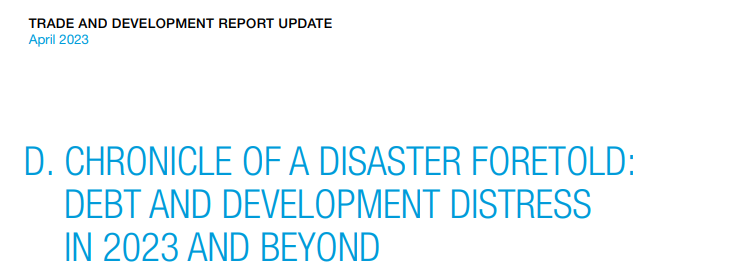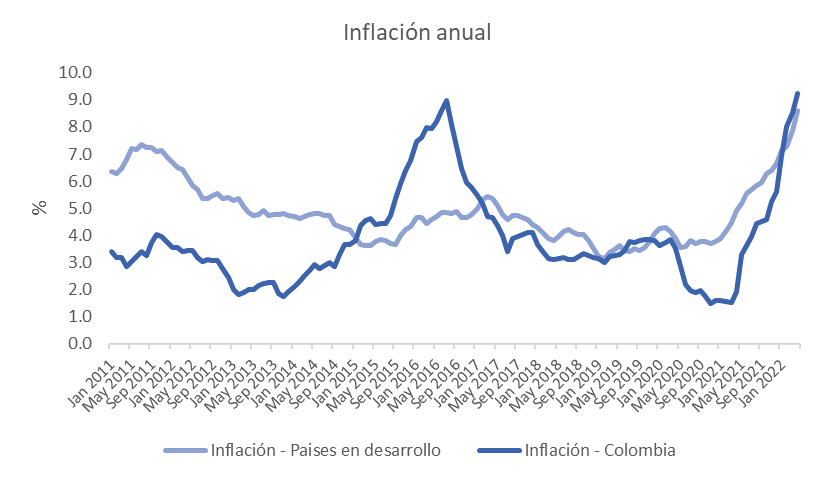Its Saturday and have been out of action for most of the week = had time to do some doodling. One last thread to complete the trilogy on #ElSalvador and #bitcoin. Balance of Payment T accounts edition
This is what SLV BoP currently looks like when a remittance from the US is done (1). If imports of SLV are higher than remittances (2&3), SLV must borrow to stabilize reserves (4). 

Things will get messy BoP accounting wise with BTC. I assume the same remittance is done (100 USD) but in BTC (using for simplification purposes an exchange rate of 1 BTC = 100 USD).
How do the BoP looks like then? First consequence is that the Central Bank of SLV will lose the ability to track remittances (p2p). 2 implications. One-off deterioration of CA balance (decline in observed remittances). BTC remittances will be unobserved errors & omissions. 

Exchanges of BTC received as remittances for USD will cause a decline in reserve assets (USD) and an observed increase in BTCs as currency in circulation. 

Import settlement becomes a complex affair. Imports must be paid in USD. Capacity of SLV to settle imports depends on ability to liquidate BTC at equal or higher price than it initially exchanged BTC for USD (This graph assumes no BTC/price change between the two transactions) 

Now, lets assume that the price of BTC drops by half between the two transactions. In order to settle its import payments, SLV would have to borrow 50 USD to make up the difference. Evil fiat would be needed to sustain the BTC regime. 

And what would happen in an opposite scenario in which the BTC price would increase by 50%? The CB of SLV would be able to book the profits as an export/increase of reserves. This makes it clear that this is a very risky one way bet on BTC by SLV. 

"This is wrong. There is nothing preventing SLV from using USDT". Use of USDT, for example through Strike, would present additional challenges. For a start, the problem of tracking remittances would remain. 

Using USDT instead of BTC would replace FX risk with counter-party risk. Settlement of imports by SLV would become dependent on the USDT/USD peg and ability to exchange large volumes on USDT for USD at low cost. 

Going back to the BTC analysis, can this work? It depends. If price of BTC always goes up, it should be a volatile but sustainable monetary regime (from a BoP perspective). If the price goes down, it can still work under two scenarios.
First, if BTC investors in SLV are willing to subsidize losses arising from BTC volatility accrued by the CB of SLV. As long as the rate of inflows at effective negative interest rates (losses) remain, CB of SLV would be able to liquidate enough BTC to settle imports.
Why would they do this? For the same reason that BTC whales have been willing to subsidize the BTC experiment of Bitcoin Beach. They are willing to take on the losses in the hope other countries will follow suit. SLV is small enough that it might work.
Second, there is a USD 2 trillion market for money laundering services. Fees range between 30 to 40 per cent. What if you were able to provide this service for a cheaper (10%) and more efficient alternative?
This how this would look like. A 10 per cent fee for inelastic demand of money laundering services would allow SLV to build up reserves to safeguard itself against volatility. It aint much for dishonest work, but can make or break the system. 

• • •
Missing some Tweet in this thread? You can try to
force a refresh

















